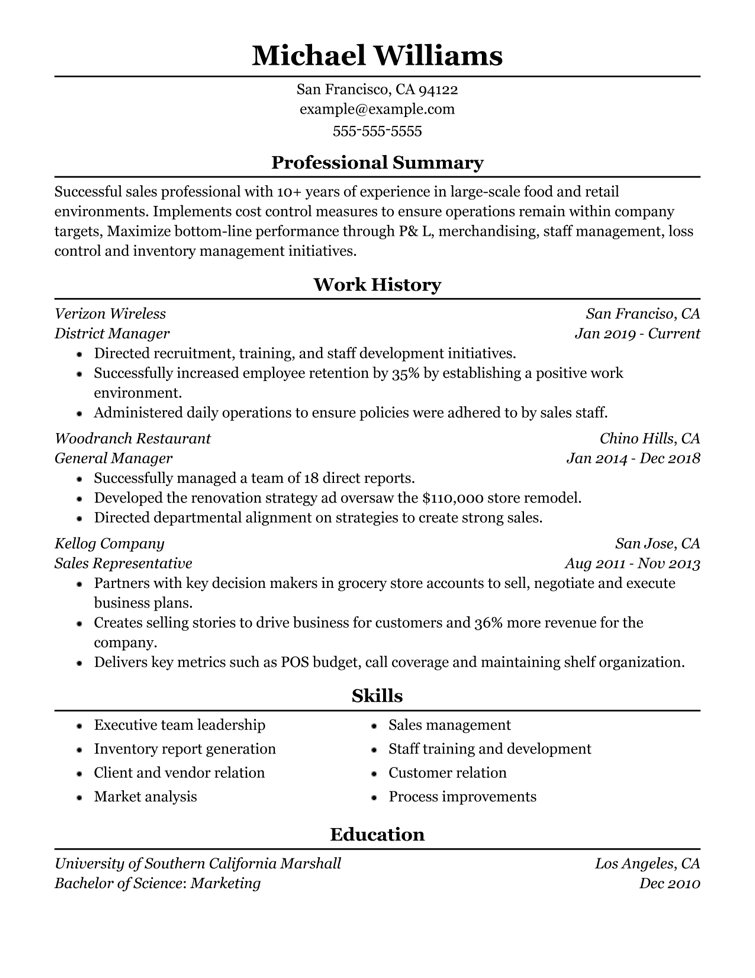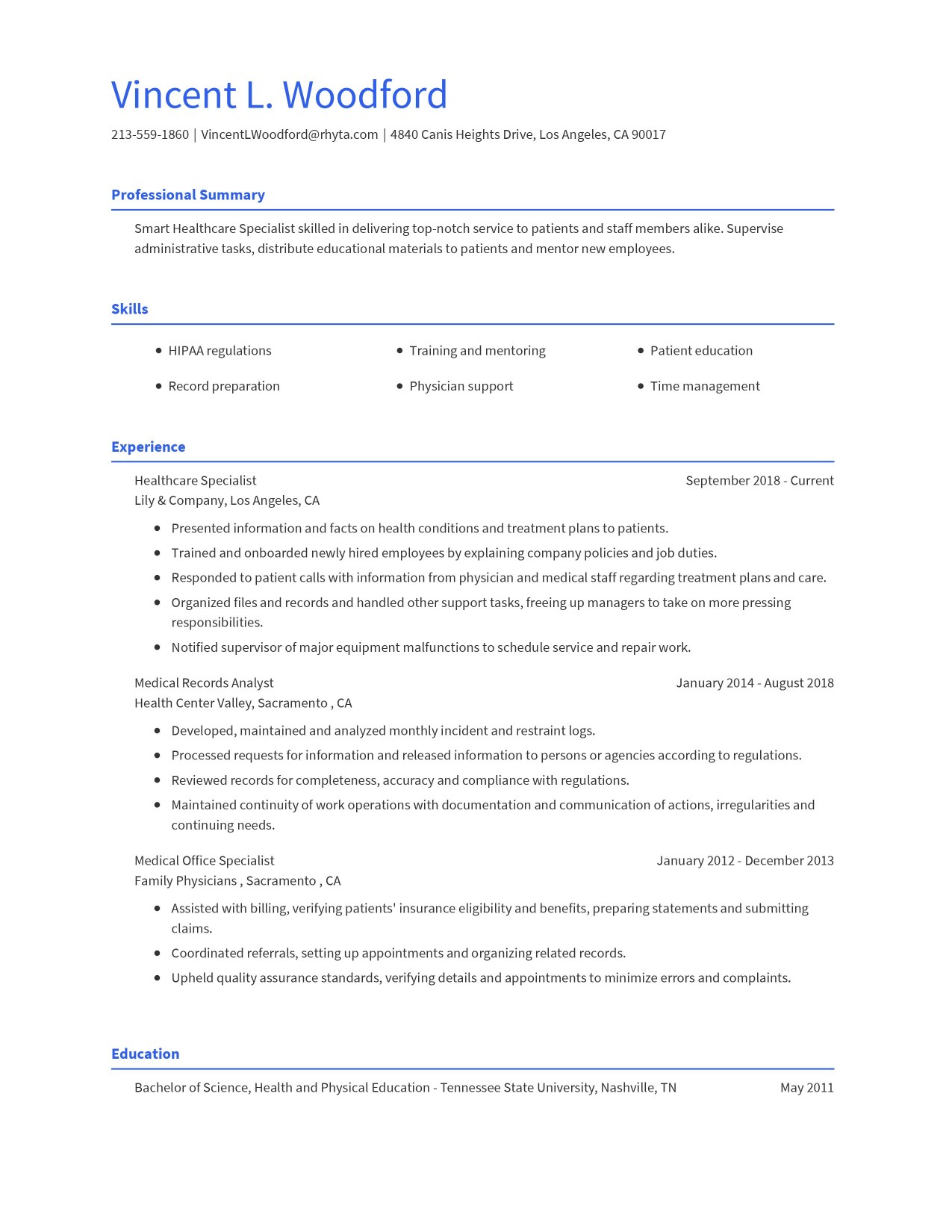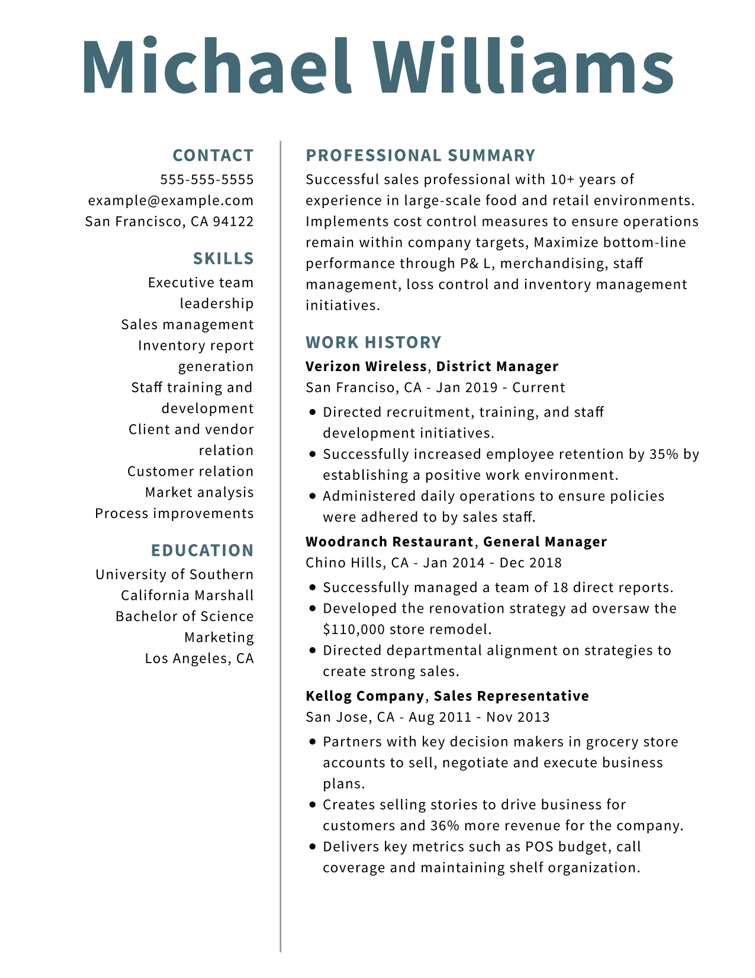The best biology CV example
Biologists study all there is to know about the living world. How do you create a CV that reflects this?
Biologists study all there is to know about the living world. How do you create a CV that reflects this?





OUR USERS HAVE BEEN HIRED BY



Whether you’re a microbiology research assistant or recently graduated and looking for an entry-level biologist role, biologists are critical to understanding the living world.
Becoming a biologist isn’t simple and requires intensive study to understand the ins and outs of the subject. So, it’s essential to give yourself a good chance by creating a perfect biology CV designed to grab the hiring manager’s attention.
Header
Professional summary
Skills
Hard skills
are industry-specific and allow you to carry out the primary job duties. Soft skills are general employability skills that support your day-to-day working life. You need to highlight both to the hiring manager for an effective job search. If you’re struggling to find skills that summarise your knowledge and qualities, then here are some bullet points you can include in your CV skills section:
Work Experience
Education
Do:
Don’t:
Cover letters are typically separate documents from a CV but are vital tools in a job search. They allow you to go into much greater depth about your essential skills and help you explain why you believe you could be an asset to the employer.
Biologists require comprehensive skills and industry experience to show they can carry out high-level tasks and have intensive scientific knowledge, so a combination CV may be beneficial. If you’re aiming for a senior-level job that requires more experience, a chronological CV format is also a good choice.
Biology studies living organisms like humans, mammals, and insect life and focuses on their anatomy and physiology. Biochemistry focuses on the chemical elements that make up life, such as enzymes, proteins, carbohydrates, and lipids, including their impact on the anatomy.
We personalize your experience.
We use cookies in our website to ensure we give you the best experience, get to know our users and deliver better marketing. For this purpose, we may share the information collected with third parties. By clicking “Allow cookies” you give us your consent to use all cookies. If you prefer to manage your cookies click on the “Manage cookies” link below.